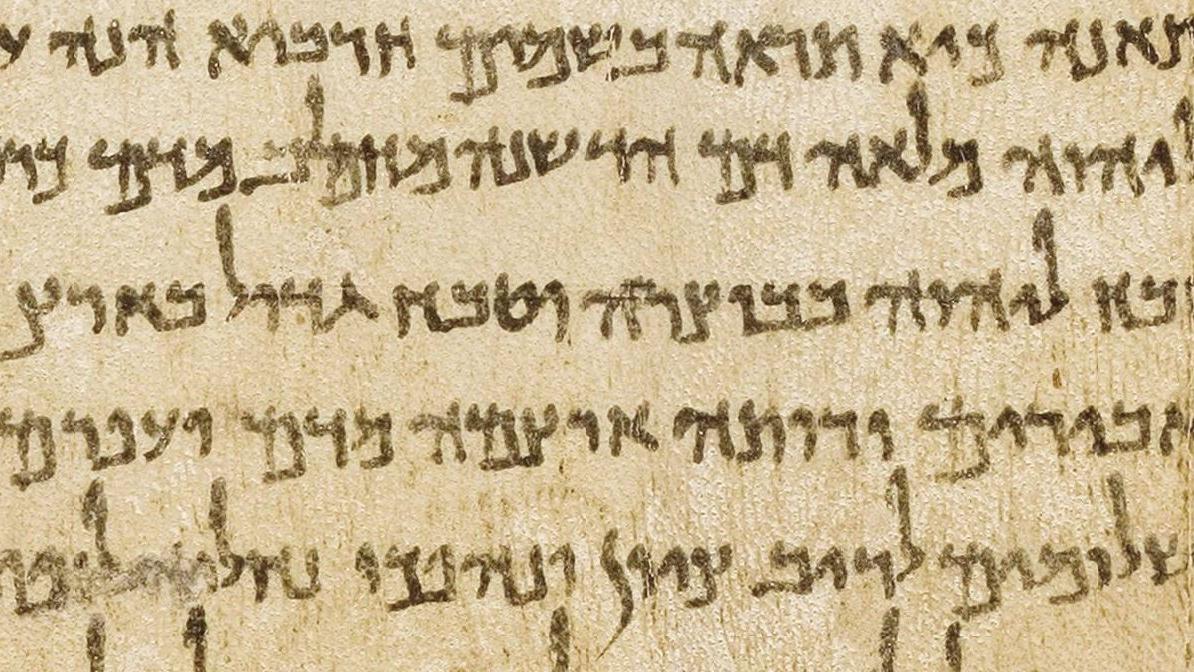Népvándorlás. Isten vándorló népe a Szentírásban
A napjainkban történő népvándorlásra lehet-e bibliai analógiát találni? Mostanában többször mondtam, hogy kényszeralkalmazások fogságában vagyunk, s ez elsősorban nemcsak a most felvetett kérdésre vonatozik, hanem homiletikai ficamként a teológiai minden tudományágát kísérti. Tudom, hogy ezek az alkalmazások, az időszerűsítés nyomása alatt jóhiszeműek, de megtörténhet, hogy tudománytalanok, s ezzel megerőszakolják a Szentírást. Nézzük meg a szóba jöhető történeteket.
